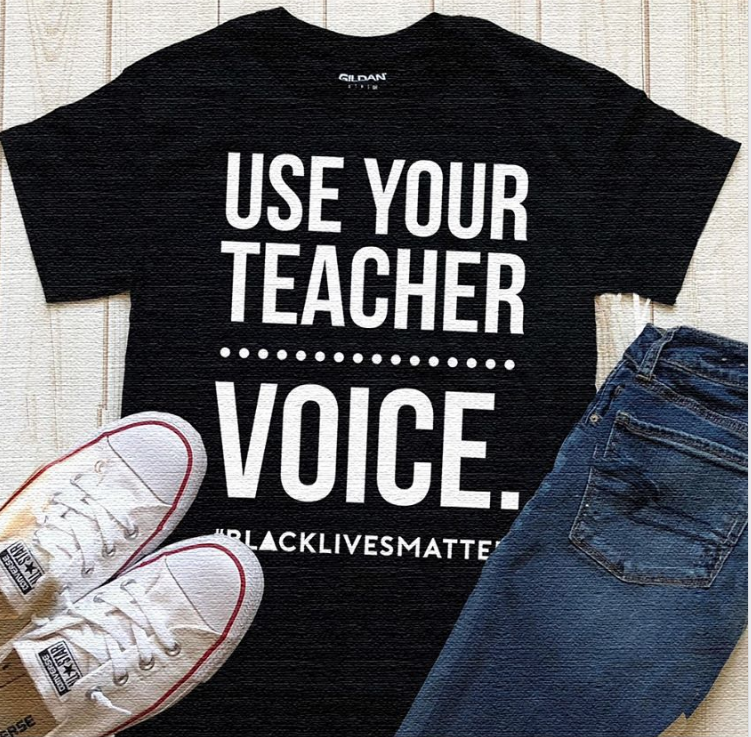It should come as no surprise to anyone that education holds a special place in my heart. From my youngest years, I knew I wanted to become a teacher. That journey took quite a few twists and turns before I got to the point where I have arrived now. part of that journey, my three years at my previous school, lit an unexpected fire under me, a passion that recent events has pushed to a near inferno.
As I mentioned last week, I do not have any answers right now. Rather, the circumstances I described before directed me towards racial justice in education. Before I continue I need to say that I have become extremely conscious of my position as an educated, white woman. I don’t have the answers and want to avoid coming anywhere close to sounding like this is all about me. Every time I write a first person pronoun, I cringe a little.
So, one of the first places my mind went after the news started flooding in was to education and the pivotal role it plays in supporting systemic racism and the integral part it could play in helping to dismantle that same system. I thought about my current school and contemplated the ways it conforms to traditional demographics. For example, we have no people of color in the faculty, none. In the whole school, support staff, and administration included, we have only five people of color. Additionally, of the teaching staff this past school year, men occupied only 7 or 8 positions. (I do not remember the exact number.)
Before I started analyzing my current position, my mind flew back to my old school, the one I left reluctantly. I longed to return to when the time was right. I thought about those kids and how much they taught me, how much they humbled me. As I sought to improve my classroom management to avoid a repeat of those disastrous first years, I started listening. Because I listened rather than build up defenses, I have relationships with some of these students that continues to humble me. They trust me enough to call me out when I screw up.
Even as I wanted to go back, I realized that doing so would put me in a place more comfortable than my current situation. Most people looking at the “facts” of the two schools would think I’m crazy for saying that. Yet, even as I contemplated that, my journey through the book White Fragility: Why It’s So Hard for White People to talk about Racism illuminated the path in front of me. I started listening to the talk of coworkers around me, something afforded by the timing of these national events and the end of the school year necessitating the exchange of school and student property. As I listened, I kept thinking of the question DiAngelo advocates the use of in the book, “What purpose does this serve in the conversation?”
Additionally, I have realized that the burden falls on the majority to start doing the work. DiAngelo uses the example of female suffrage. When thinking of the 19th Amendment, female suffragists like Susan B. Anthony come to mind. Yes, she worked hard campaigning for female suffrage. However, she could not vote to grant herself the right to vote. Only the white men in the majority could do that. Those white men had to become uncomfortable enough to advance the rights of others.
In education, I belong to the vast majority, white female. If I did nothing different, I could stay comfortable in my job and never face any fear about security or worth. In so doing, I would perpetuate the system of racism. So, rather than seek to go back to a place of comfort to me, my old school, where I could style myself as a “Freedom Writers” teacher and stagnate in my work to overcome my own racism, I choose to embrace my current role, to work on dismantling my own racism and the structures around me in my job that support it.
